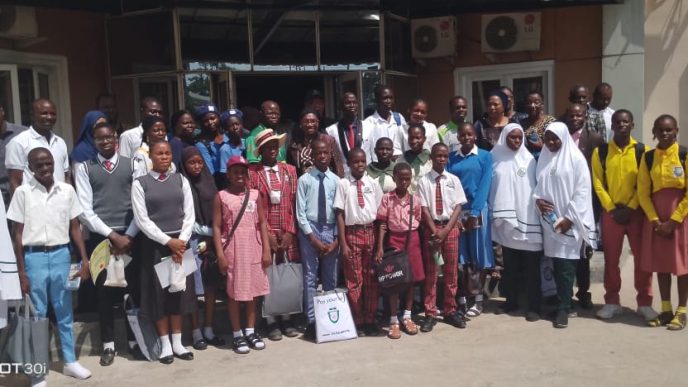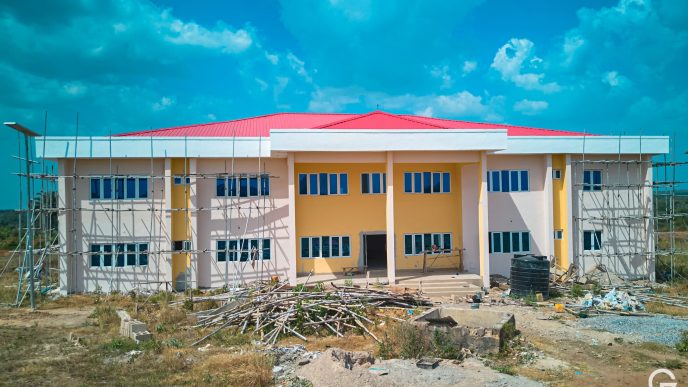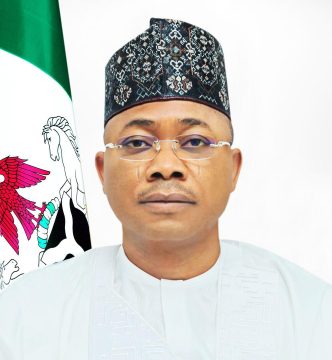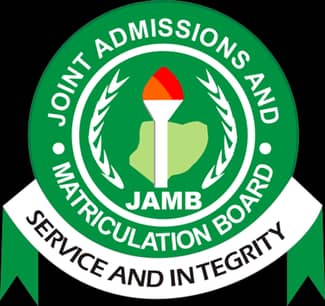Janet Samuel
To address tertiary education’s financial woes, Academic Staff Union of Universities (ASUU) has urged authorities to harness the backlog of unspent allocations, bolstering institutional capacity and academic quality.
ASUU made the plea during the Tertiary Education Trust Fund (TETFund) one-day strategic interaction with heads of beneficiary institutions and stakeholders.
The union warned that if these funds remain unutilized, the sector faces a bleak future, characterized by outdated infrastructure, inadequate resources, and diminished competitiveness.
The Executive Secretary of TETFund, Architect Sonny Echono, in his opening remark, said that the strategic engagement marked a new chapter for the board, where it aligns efforts with stakeholders to optimise performance and enhance the quality of Nigeria’s tertiary education.
He said that with the recent increase in education tax from 2.5% to 3%, TETFund is poised for even greater impact, improving infrastructure, academic programs, and accessibility for all students.
“As heads of TETFund beneficiary institutions, you play a pivotal role in actualizing the mandate of the Fund. It is crucial that we engage constructively to set a clear course for the Fund’s direction and operational priorities,” he said.
“TETFund’s purpose is to empower our nation’s human capital, addressing the urgent need for capable, skilled professionals across all sectors. Established in response to the deficits in our tertiary education sector, TETFund began as the Education Tax Fund in 1993, transitioning in 2011 to its current form with a commitment to enhancing the quality of Nigeria’s public tertiary institutions through Education Tax contributions.
“The increase last year in the Education Tax from 2.5% to 3% authorised by the Commander-in-Chief, President Bola Ahmed Tinubu represents a significant stride for TETFund. This change reinforces the government’s dedication to strengthening Nigeria’s educational framework.
“We urge all stakeholders to actively engage in building these partnerships. Let us explore innovative ways to connect our institutions with industry leaders, fostering a symbiotic relationship that benefits both our students and the economy,” he added.
Speaking, the President of ASUU, Prof. Emmanuel Osodeke, said university leaders must fight for themselves and not rely on others to negotiate their future.
He warned that the proposed tax changes to TETFund could drastically affect Nigerian universities’ funding, emphasizing the need to ensure these bills don’t pass if we truly care about our education system.
According to him, tax reductions may seem beneficial to industries, but they risk crippling higher education funding.
“I want to say that we have a lot of problems. If we don’t work hard, we cannot be sitting here in the next six years. Nobody will be here in the next six years,” he said.
“Whether we will be here or not in the next six years will depend on the National Assembly. I am so happy the Senate and the House of Representatives are here. The information available to us as a union is that there are two sets of bills in the National Assembly.
“One from the executive and one from the legislature, all concerning TETFund. TETFund is just there. And the one from the executive arm of government indicates a page. Out of 260 tax reviews, it is just a page in it. And I am very sure the president will not have the details to look at that when he is reading.
“And what is there? That by the year 2025, they will increase the percentage of tax paid by industries to 4%. TETFund will receive 50% of it. By 2027, TETFund will be reduced to 3% from 4%.
“It should not be given to a bank to lend out as loans. When I look at this so-called NELFund as a bank, the money will not be given to a bank to lend to students. That bill is there.
“And all of us, if we still care about Nigerian universities, we must make sure that this bill does not pass. But once it goes through, Nigerian universities will stop. So when you hear our team talking, this is what we are talking about,” Osodeke said.
He added, “We found that there is a lot of money stuck in central banks. Over the past 20 years, many universities have not been able to utilize it. Let’s talk to ourselves.
“You have Project Abaddon, and part of the money is still there. You have Project Abaddon from 10 years ago, and part of the money is still there. It has accumulated.
On his part, Hon. Aminu Bello Masari, the chairman of the board of Trustees of TETFund, called for the removal of politics from the education sector if we are to experience any real development.
He urged universities to start devising means of creating their own funds rather than depending solely on the government.











GIPHY App Key not set. Please check settings